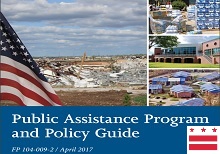SEMINAR DETAILS & LOCATION
Thursday, June 8, 2017 9:00am-4:00pm
Johns Hopkins University
Montgomery County Campus
9605 Medical Center Drive, Room 121 Rockville, MD 20850
IMPORTANT INFORMATION
- Pre-registration
deadline is 5:00 pm on Monday, June 5, 2017.
- No
refunds will be made after 5:00 pm on Monday, June 5, 2017.
- Additional
$10 fee for walk-in registrations.
- In the
event of inclement weather, call EveryMind’s office after 6:00am on the
day of the seminar for an update on the status of the seminar.
- Credit
hours are ONLY given to those who attend the entire seminar.
- Registrants
must sign in and out.
Julie Riggs
Program Manager, Serving Together




